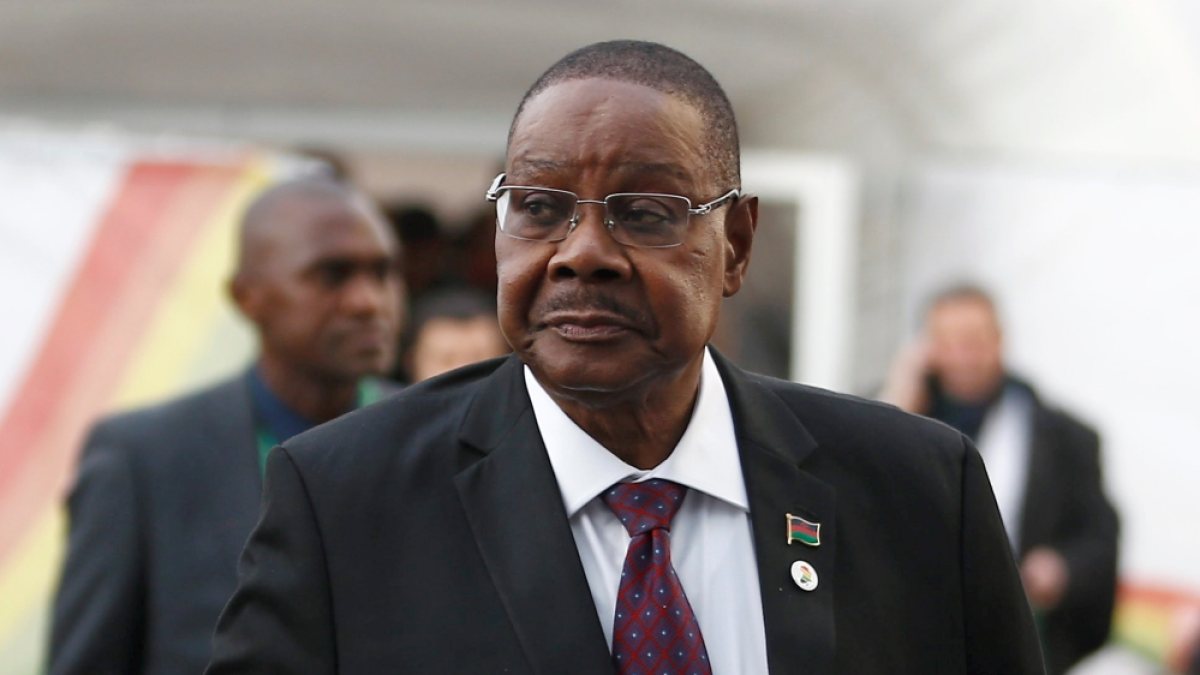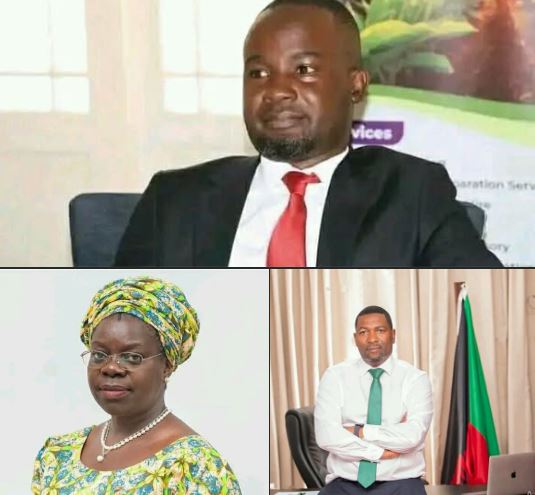Malawi’s presidential candidates and their educational profiles

As Malawi gears up for its tripartite general elections on September 16, the spotlight is turning to the educational credentials of the 20 approved presidential candidates vying for the nation’s top job. According to the Malawi Electoral Commission (MEC), the nomination process concluded on July 30, with 20 aspirants successfully submitting their papers after an initial 22 expressed interest. 
While the country’s constitution sets a low bar for eligibility requiring only citizenship by birth or descent, a minimum age of 35, and proficiency in English to engage in parliamentary proceedings the diverse academic backgrounds of this year’s contenders highlight how education has become a subtle battleground in the campaign.
The absence of stringent educational mandates in the Malawi Constitution of 1994 (as amended) means that formal degrees are not a prerequisite for the presidency.  Yet, in a nation grappling with economic challenges, youth unemployment, and calls for competent leadership, voters and analysts alike are scrutinizing candidates’ qualifications as indicators of their ability to navigate complex policy issues. “Education isn’t just about degrees; it’s about vision and problem-solving,” said political commentator Dr. Chimwemwe Ngoma of the University of Malawi. “In this election, where economic recovery is key, backgrounds in economics, law, and governance could sway undecided voters.”
With campaigns in full swing since July 14, the race features a mix of incumbents, former leaders, and newcomers. Among the 20 candidates seven of whom are independents and only one a woman the front-runners boast impressive academic pedigrees that span theology, law, economics, and social sciences. Here’s a closer look at the educational journeys of the leading contenders, drawing from public records and biographies, and how these qualifications have shaped their political trajectories.
Incumbent President Lazarus Chakwera: A Theologian Turned Statesman
At the helm of the Malawi Congress Party (MCP), President Lazarus Chakwera, 70, is seeking re-election amid a backdrop of economic turbulence and coalition fractures. Chakwera’s educational foundation is rooted in philosophy and theology, reflecting his early career as a pastor and leader of the Malawi Assemblies of God.
Chakwera earned his Bachelor of Arts in Philosophy from the University of Malawi in 1977, providing him with a strong grounding in critical thinking and ethics.  He then pursued theological studies abroad, obtaining an Honours degree (Bachelor of Theology) from the University of the North (now University of Limpopo) in South Africa in the early 1980s.  Building on this, he completed a Master’s degree in Theology at Trinity International University in the United States in 1991, followed by a Doctorate in Ministry from the Pan Africa Theological Seminary in 2000.  Some sources also note a Doctorate from the University of South Africa, emphasizing his scholarly focus on leadership and ministry.
These qualifications propelled Chakwera from church leadership to politics. As president since 2020, he has often drawn on his philosophical training to advocate for ethical governance and anti-corruption measures. Critics, however, argue that his theological emphasis sometimes overshadows pragmatic economic policies. “Chakwera’s education equips him for moral leadership, but Malawi needs more technical expertise in these trying times,” noted a recent Afrobarometer survey on voter priorities. 
Former President Arthur Peter Mutharika: The Legal Scholar
Leading the Democratic Progressive Party (DPP), 85-year-old Arthur Peter Mutharika is mounting a comeback bid, leveraging his reputation as a constitutional expert. Mutharika’s academic credentials are among the most prestigious in the field, underscoring his long tenure as a law professor and international jurist.
Mutharika graduated with a Bachelor of Laws (LLB) from the University of London in 1965.  He then crossed the Atlantic to Yale University, earning a Master of Laws (LLM) in 1966 and a Doctor of Juridical Science (JSD) in 1969.  His doctoral work focused on international law, which later informed his roles at the United Nations and as a professor at Washington University in St. Louis, where he taught for decades before entering Malawian politics. 
Mutharika’s legal education has been a cornerstone of his platform, particularly in debates over electoral reforms and the 50+1 majority rule implemented after the 2019 election annulment.  Supporters hail him as “Professor Mutharika” for his intellectual depth, but opponents point to his age and past controversies. In campaign rallies, Mutharika has emphasized how his Yale training prepared him for global economic negotiations, promising to revive Malawi’s international standing.
Dalitso Kabambe: The Economist with a Development Focus
Representing the United Transformation Movement (UTM), Dalitso Kabambe, 51, emerged as a surprise frontrunner after winning the party’s convention in November 2024, following the tragic death of founder Saulos Chilima. As former governor of the Reserve Bank of Malawi, Kabambe’s credentials are steeped in economics, making him a favorite among voters concerned with inflation and debt.
Kabambe holds a Bachelor of Science in Agricultural Economics from the Lilongwe University of Agriculture and Natural Resources (LUANAR) in Malawi.  He advanced his studies in the UK, earning a Master’s degree in Development Economics from the University of Reading and a PhD in Development Economics from Imperial College London.  His doctoral research explored sustainable development models for African economies, aligning with his central bank tenure where he implemented monetary policies to stabilize the kwacha.
Kabambe’s education positions him as a technocrat in a field of politicians. “My PhD isn’t just a title it’s a toolkit for fixing Malawi’s economy,” he said in a recent interview. Analysts predict his expertise could appeal to young voters, who make up over 60% of the electorate and demand job creation.
Atupele Muluzi: The Economist-Lawyer Heir
United Democratic Front (UDF) leader Atupele Muluzi, 47, son of former President Bakili Muluzi, brings a blend of economics and law to the race. His background reflects a privileged yet rigorous academic path in the UK.
Muluzi graduated with a Bachelor of Arts in Economics and Law from the University of Leicester in 2000.  He furthered his legal training at the University of Law (formerly College of Law) in London, earning qualifications in legal practice.  Some profiles also mention a Master’s in Law with a focus on international human rights. 
As a former minister, Muluzi’s dual expertise has informed his advocacy for youth empowerment and economic reforms. However, his family legacy draws mixed reactions, with some viewing his education as a product of privilege rather than merit.
Joyce Banda: The Gender Advocate with Practical Roots
People’s Party (PP) founder Joyce Banda, 75, Malawi’s first female president (2012-2014), is the sole woman among the candidates. Her educational path emphasizes gender studies and leadership, complementing her grassroots activism.
Banda holds a Bachelor of Science in Gender Studies from Atlantic International University (USA) and a Master of Arts in Leadership from Royal Roads University in Canada.  She also earned a Diploma in Management from Columbus University and various certificates in women’s empowerment.  Her qualifications have fueled her international profile, including roles with the UN and World Bank.
Banda’s campaign highlights inclusive growth, arguing her education equips her to address inequality. “I’ve studied gender dynamics to build a Malawi where everyone thrives,” she stated at a rally.


